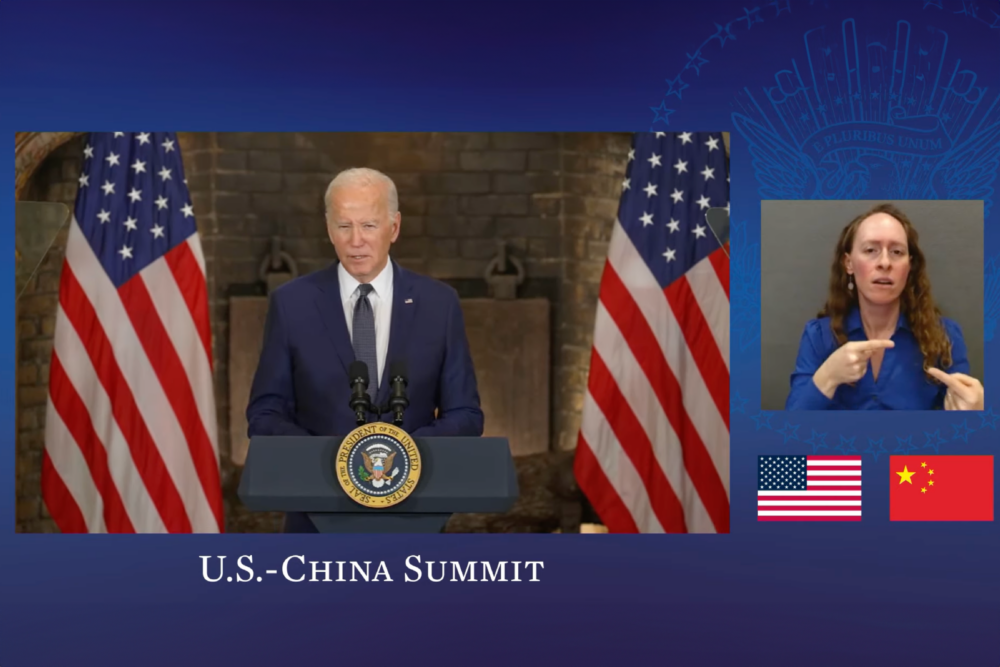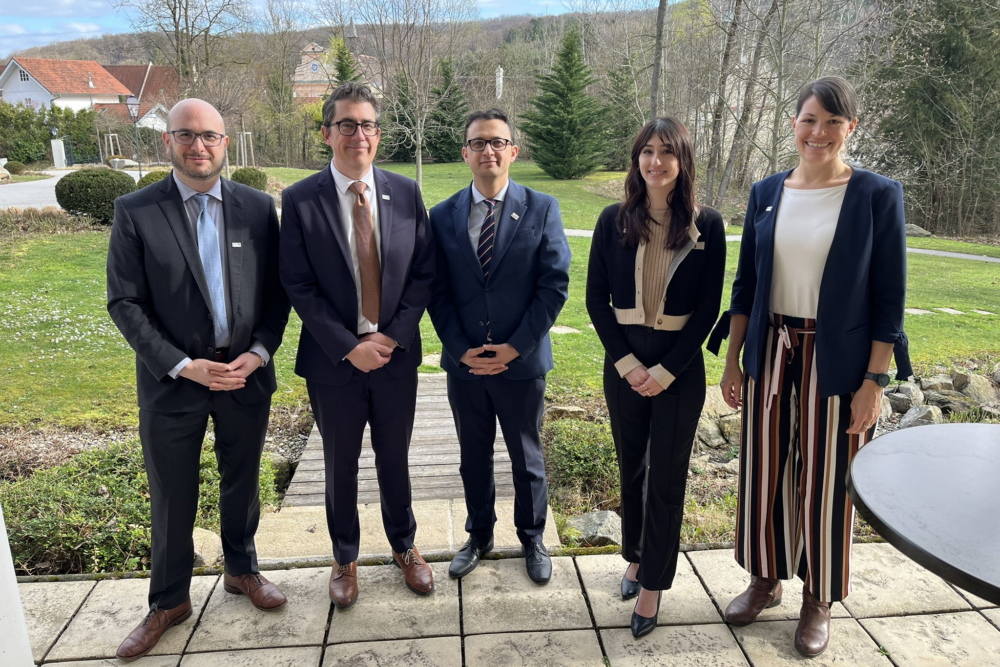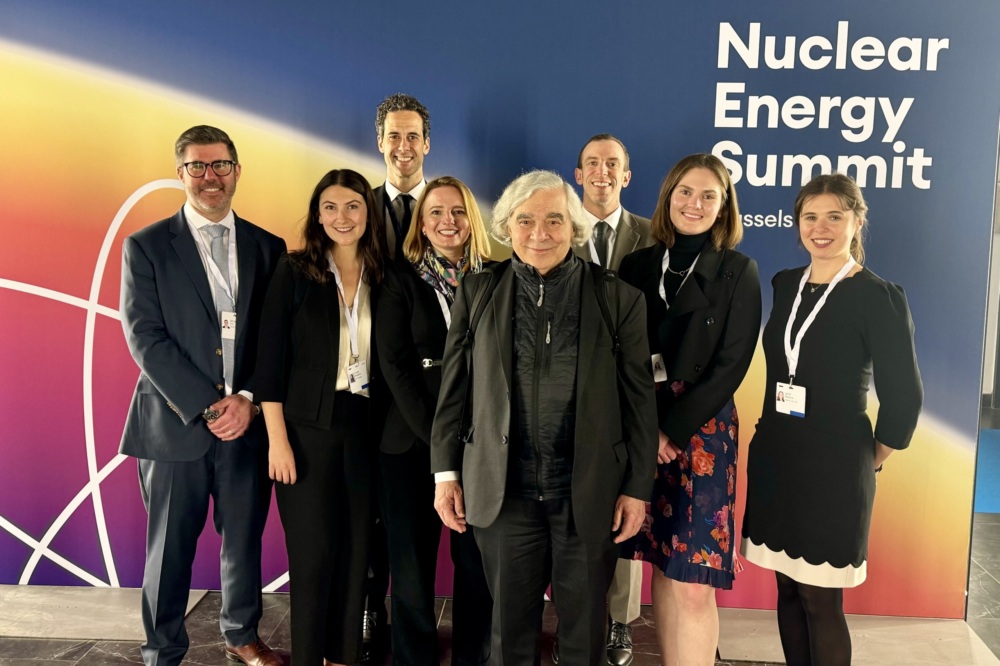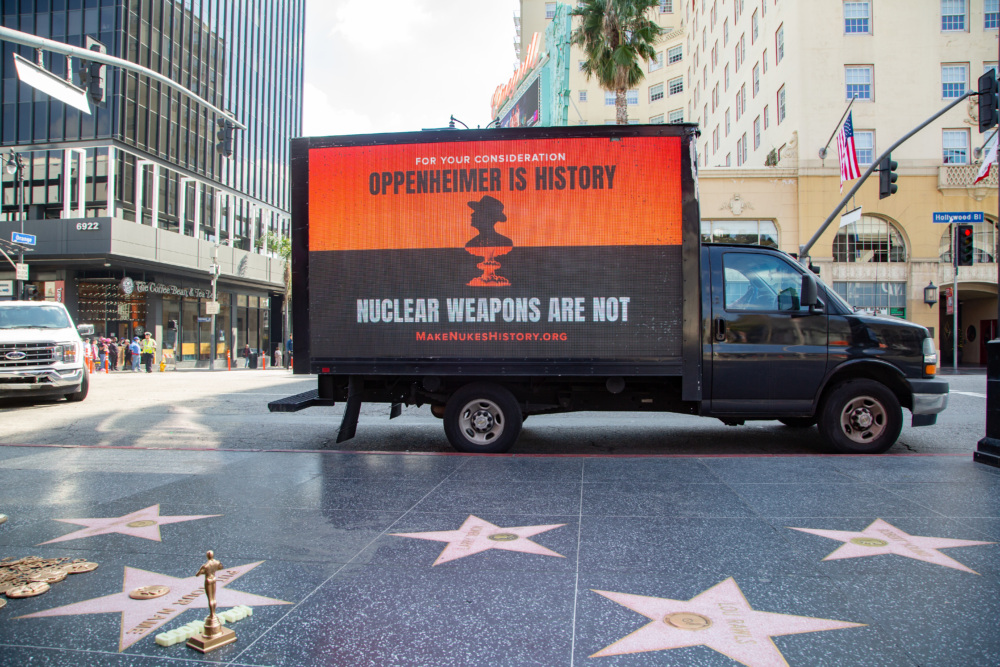
Ernest J. Moniz
Co-Chair and Chief Executive Officer, NTI
Today’s announcement that President Biden and President Xi have agreed to resume military-to-military communications is a very positive development. At a time of increased U.S.-China tensions, it is essential to maintain regular channels of military-to-military dialogue to increase mutual understanding and avoid incidents or miscalculation that could lead to conflict.
Similarly, it is important to continue and build on the bilateral discussions regarding nuclear weapons and arms control that took place in early November in diplomatic channels. With China rapidly expanding its nuclear arsenal, the United States modernizing its nuclear forces, and the global arms control and nonproliferation architecture under duress, sustained and constructive dialogue to reduce nuclear risks and enhance stability is more necessary than ever.
Sign up for our newsletter to get the latest on nuclear and biological threats.
During the 17th meeting of the Global Dialogue, participants developed plans to ensure successful outcomes at ICONS and leverage that momentum to reinvigorate nuclear security internationally.
NTI advanced key principles from a recent report that outlines pathways for the responsible, sustainable, and effective development of new nuclear projects and industries in embarking countries.
NTI's #MakeNukesHistory campaign breaks through Oscars coverage to remind people that while Oppenheimer is history, nuclear weapons are not.



